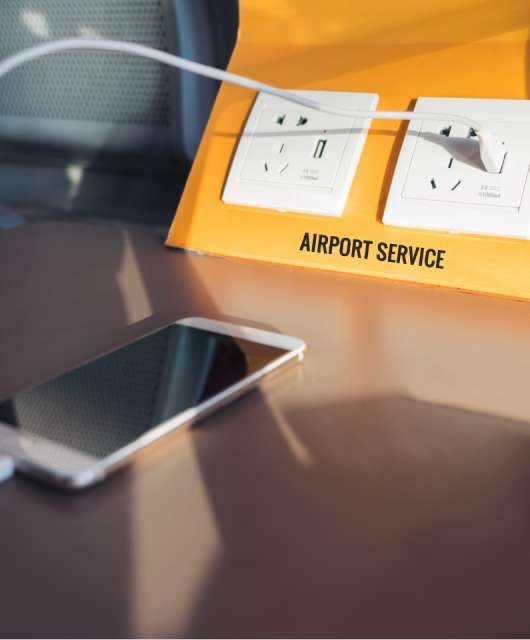As cases of COVID-19 infections continue to fall, businesses are slowly returning to the office. For others, staff are being encouraged to continue working from home – permanently.
As remote working becomes the new normal, individuals are going to have to take more responsibility for computer security at home. Here are four things you can do to better protect yourself and your employer.
-
Password security
When you connect to systems at work, you probably have to enter a password. Your employer should have a policy in place that forces you to use a strong password that makes it much harder for hackers to break in.
But what about the password you use to unlock your home PC or tablet? If hackers can break into your computer, they may also be able to capture your secure passwords and break into the company network.
All of your devices must be secured with a strong password to reduce the risk of becoming a victim of hacking. And if your device offers biometric security (fingerprint, face scan etc), enable it.
Take a look at our article How Secure is My Password? to learn more about choosing a strong password.
-
Enable your PC firewall
Firewalls are a technology that prevents unauthorised remote connections to your computer. Your employer has probably been using one for years to protect their corporate systems – and you may even have one built into your home WiFi router.
Your computer operating system also has a built-in firewall. Enabling this firewall provides an additional layer of protection against hacking. Windows users should use these instructions to enable Microsoft Defender Firewall. Apple Mac computers users should check out the application firewall instructions.
-
Encrypt your hard drive
What happens if someone hacks into your wifi or breaks into your house and steals your computer? With the right tools they can extract information – unless your hard drive is encrypted.
Encrypting your hard drive means that none of the information can be recovered unless the correct passphrase / logon information is used. The thieves may get your computer, but they cannot use it to commit identity theft or anything else.
Windows users should check out these instructions for enabling BitLocker drive encryption. Mac users can use these instructions to enable FileVault disk encryption.
One word of warning – if you forget your password, you won’t be able to access the disk contents either.
-
Keep your anti-malware up-to-date
Malware still represents one of the biggest risks to you and your employer. If hackers can infect your home computer with a trojan or keylogger, they can capture your personal information and sensitive data belonging to your employer.
Download a free trial of Panda Dome to boost your protection now. Panda Dome will detect and remove any malware already installed, and help to prevent new viruses, trojans or worms infecting your system.
Same rules apply for work and home
At work you are expected to follow certain rules designed to protect against data loss and hacking. Following those same rules – and implementing the tips above – will deliver similar security benefits, even when working from home.








